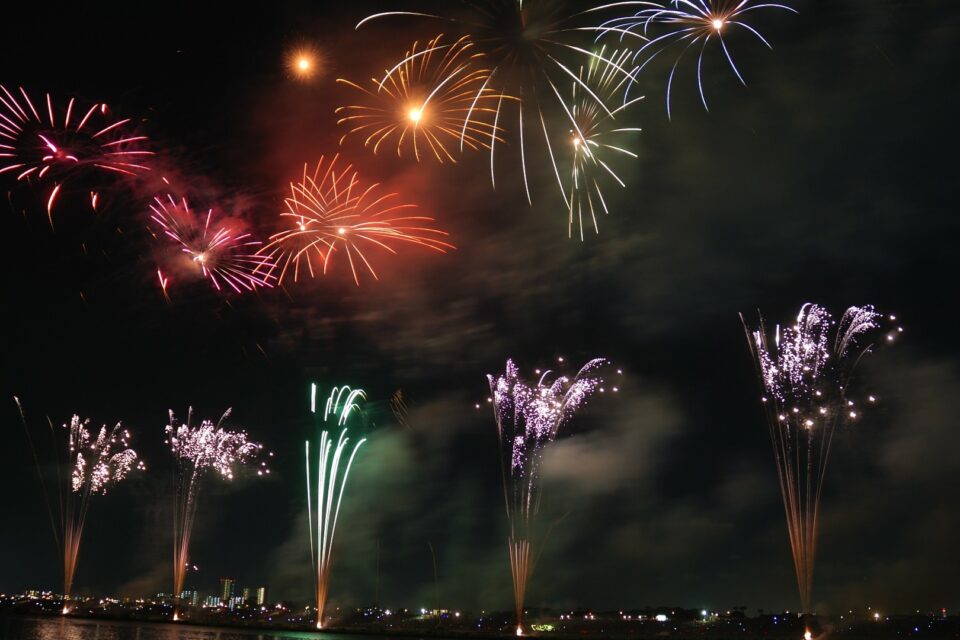Berlin, Germany / founded in 1951
Taking place in February
The first class A festival in the FIAPF calendar, starting in early February, is also one of the most important – and maybe the most visited – in the world. The Berlinale competition is designed to ensure a wide representation of European cinematography. It is also generally accepted that films made in a traditional manner and films with political themes are more often selected.
The curators compile the individual programs presented at the festival on their own, without considering outside submissions. Nevertheless, the films of less experienced directors who have difficulties in making it into the main competition could be included in the less important programs such as Panorama (international art-house cinema), Forum (experimental films), Generation (children’s and youth cinema), Berlinale Shorts (short films). New Russian cinema has already been shown in competition at the Berlin Festival (remember Boris Khlebnikov’s A Long and Happy Life), and in lower-ranking programs (recent films by Alexei Mizgirev and Anna Melikyan).
There is also an extremely large market for European Film Market in Berlin, comparable in size to Cannes (according to last year’s report, the organizers report more than eight thousand participants from 107 countries, showing 784 films), and a co-production market. They don’t forget about the development of young talents, offering them the Berlinale Residency (a three-month stay in Berlin with a scholarship of 1,500 euros for directors or screenwriters, who are given help in completing their projects) and Berlinale Talents (short-term training programs for annually recruited groups of film school students from all over the world).
Translated with www.DeepL.com/Translator (free version)
